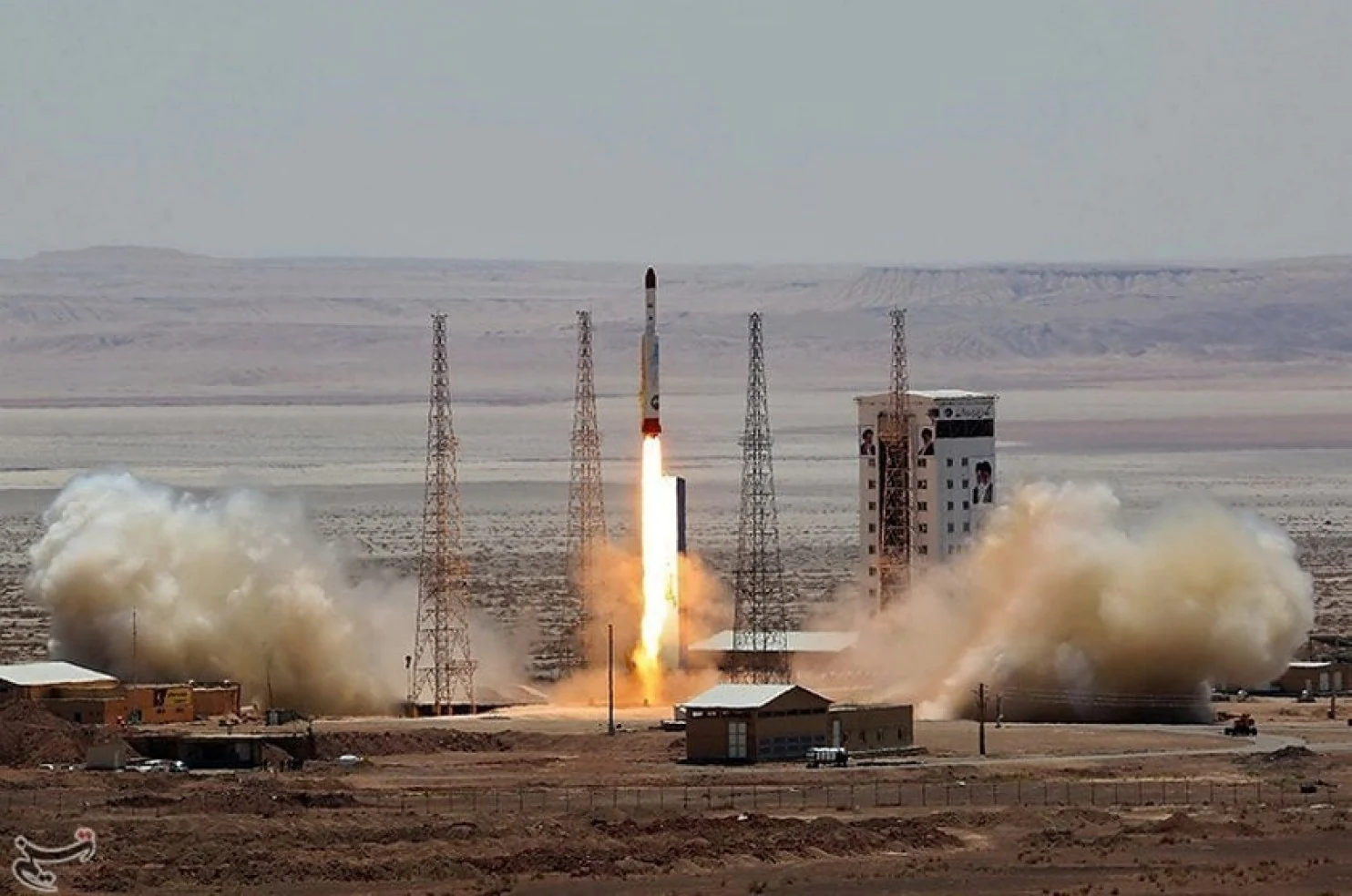The US is more worried about Iran nuclear missiles with range to the US than to Israel.
Deputy Secretary General of the European External Action Service (EEAS) Enrique Mora and Iran’s chief nuclear negotiator Ali Bagheri Kani wait for the start of a meeting of the JCPOA Joint Commission in Vienna, Austria
Make no mistake: despite disagreements with Israel about strategy, the US is worried about stopping Iran from getting nuclear weapons.
But it is more worried about making sure the Islamic Republic does not have nuclear missiles with a range that could hit the US than it is about whether Tehran’s potential missiles could reach Israel.
If during the current nuclear negotiations Iran carries out an expected satellite launch – which may have dual technology eventually applicable to launching an intercontinental ballistic missile – it will be directly aimed at inflaming this US fear in order to pummel Washington into new concessions and submission.
All of this relates to the three weeks versus three years dilemma.
If Iran Supreme Leader Ayatollah Ali Khamenei makes the political decision to go for a nuclear weapon, he could have sufficient weaponized uranium within three weeks.
Since the mid-1990s, Iran has had ballistic missiles with a range that could hit Israel, so once it masters some additional detonation and delivery issues (that would still take some undefined amount of time), Jerusalem might be under threat.
In contrast, the US is nowhere near the range of the ballistic missiles that Iran has available. Iran would need to develop ICBMs in order to put the US in range – something that could take an estimated three years, according to multiple experts.
That is also a different set of skills and processes beyond what Iran would need to fire a potential short- or medium-range nuclear weapon.
True, the US is worried about the 90% uranium enrichment red line as is Israel, but putting the US in range is the real red line.
If Iran had nuclear weapons but could “only” hit Israel, it would be one of several major security issues in regions far from America’s borders. It would not actually physically threaten the US.
Launching a satellite at this sensitive stage of the Vienna talks, when both sides are playing chicken and trying to get the other side to blink, would be Iran playing a potential trump card against America.
And the threat may feel more credible given that Tehran is closer to the 90% uranium enrichment line than it has ever been.
READ ALSO: UN nuclear watchdog: Limited Iran access giving ‘blurred image’ – Grossi
However, based on the Biden administration’s policy to date, his administration probably would not act.
US President Joe Biden is ready for a mutual return to the 2015 JCPOA nuclear deal even if it upsets Israel, and even with some minor changes favoring Iran.
But politically, he has already looked weak in his handling of Afghanistan, Ukraine and other global crises, and he likely cannot afford to cut a long-term deal with Iran that is much worse than the nuclear deal. (He would jump at cutting a “less for less” partial sanctions-lifting for a partial return to a nuclear-limits deal, but Tehran has so far been cool to this idea.)
Because of that posture, another Iranian satellite launch will definitely alarm the US, but will probably not be a game-changer in negotiations.
In the meantime, the Islamic Republic will have continued to make progress on multiple tracks of skills it needs to perfect for nuclear weapons. And the jury will still be out on who will make the first concession in the nuclear standoff – or whether the situation will escalate into greater confrontation.













